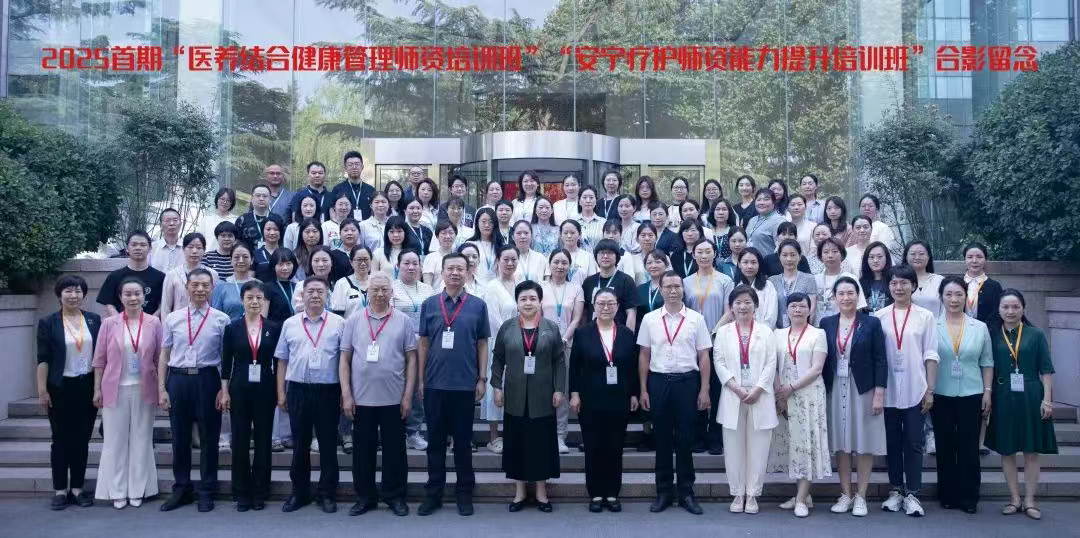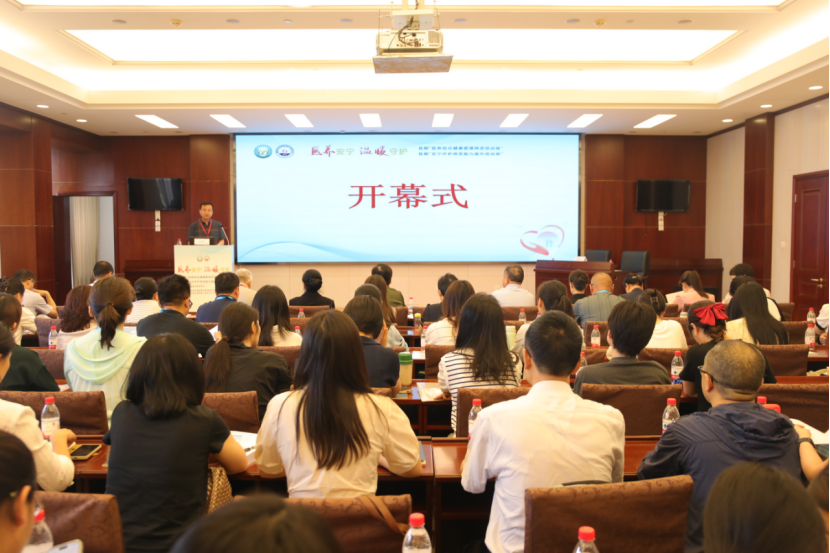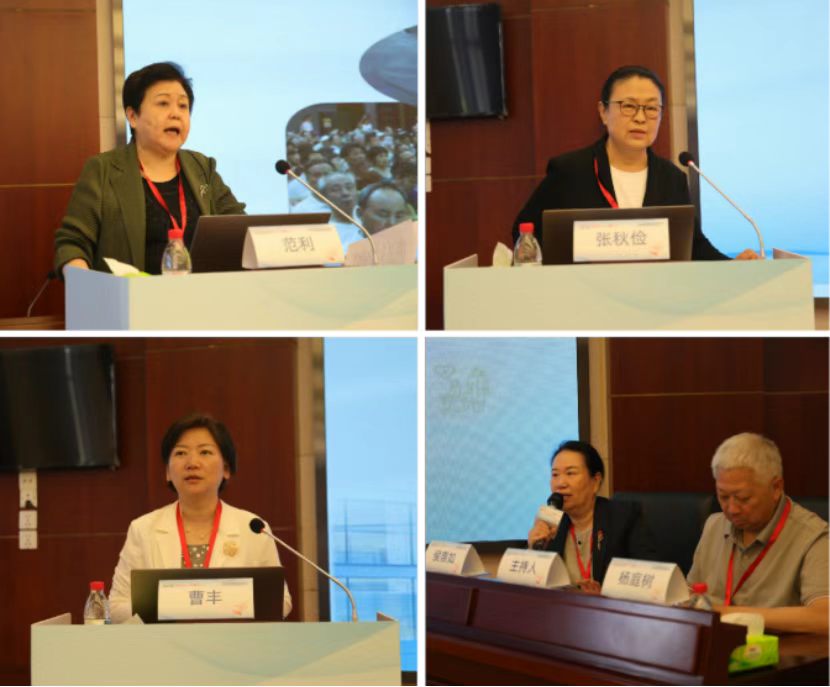In 2025, the first "dual-teacher Class" for medical and elderly care integration and palliative care was launched - systematically cultivating talents in elderly health services to empower the high-quality development of the elderly health cause
Recently, the first "Medical and Elderly Care Integration Health Management Teacher Training Course" and the "Hospice Care Teacher Capacity Enhancement Training Course" of 2025, jointly organized by the Chinese Geriatrics Society and the National Clinical Research Center for Geriatric Diseases of the PLA General Hospital, were officially launched at the Second Medical Center of the PLA General Hospital. As an important practice of the national strategy to address population aging, this training takes solving the structural shortage of professional talents in the field of elderly health services as its core goal, marking a new stage of standardized and professional development of the high-level talent cultivation system for elderly health services in China.

Focus on the pain points of the industry to build a new paradigm for talent cultivation

At present, the integration of medical care and elderly care, as a national strategy to actively respond to aging, is confronted with challenges such as insufficient community extension of medical resources and the need to improve the standardized service system during its implementation. Among them, the shortage of compound talents is particularly prominent. This training innovatively opens up a two-way channel between the cross-border service capabilities of medical staff and the clinical thinking cultivation of elderly care practitioners. Through systematic course design, it injects professional impetus into the construction of the national medical and elderly care integration service network. Meanwhile, hospice care, as a key link in the "closed loop of full life cycle health management", is limited by bottlenecks such as insufficient service coverage, the absence of a multi-disciplinary collaboration mechanism, and the shortage of compound talents, and the improvement of service quality is facing challenges. The training course actively responds to the national call of "promoting the standardized development of palliative care", and strives to build a backbone talent team with both medical professional qualities and humanistic care spirit, laying a solid talent foundation for realizing the service concept of "caring for the deceased".
Innovative training models forge elite forces for silver-haired services

The three-day training brought together authoritative expert think tanks from both military and civilian sectors and adopted a four-dimensional teaching system of "theoretical empowerment + practical training + case study + scene observation". The medical and elderly care integration section deeply focused on the interpretation of policy frontiers, the application of smart medical and elderly care technologies, and the construction of service standard systems, strengthening the practical ability throughout the entire chain from demand assessment to service implementation. The hospice care section highlights precise pain management, psychological counseling for grief, and a multidisciplinary team collaboration mechanism. It specially sets up "life education workshops" and real case review sessions to promote the integration of the concept of "aging with dignity" into service practices. Qualified trainees will be awarded dual industry certification qualifications. This certificate is not only an authoritative recognition of professional capabilities but also a symbol of responsibility for serving the elderly health cause.
Inject fresh water from the source to lead the new development of elderly health services

The launch of this dual-teacher class directly addresses the core pain point of the shortage of elderly health service talents. By cultivating "seed teachers" in the industry, it will accelerate the extension of medical and elderly care integration services to grassroots communities, and simultaneously enhance the standardization and humanization level of palliative care services. As an important carrier for cultivating new productive forces in the elderly health care industry, the training course will continue to supply elite forces for building a health service system covering the entire life cycle, provide solid talent support for the implementation of the national strategy of actively responding to population aging, and promote the elderly health care service industry in China to embark on a new journey of high-quality development.

